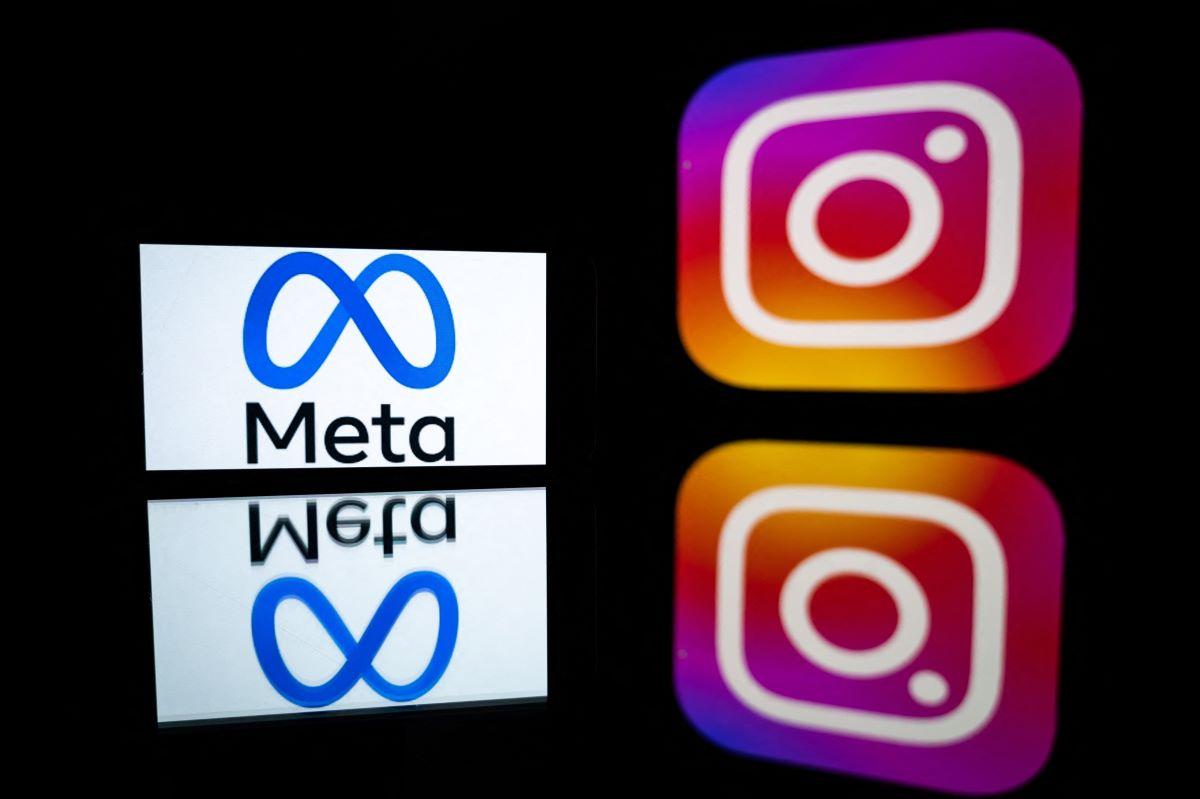Meta’s Plan to Charge European Users for Ad-Free Access to Instagram and Facebook
Introduction
In a recent development, Meta, the parent company of social media giants Instagram and Facebook, is reportedly planning to introduce a subscription-based model in Europe that would allow users to access these platforms ad-free in exchange for a monthly fee. This move has sparked a debate among users and industry experts, with some applauding the option for an ad-free experience while others expressing concerns about the potential implications. In this article, we will delve into the details of Meta’s plan, its potential impact on European users, and the broader implications for the future of social media monetization.
The Motivation Behind Meta’s Plan
Meta’s decision to offer ad-free access to Instagram and Facebook for a fee stems from the company’s ongoing efforts to diversify its revenue streams and reduce its reliance on advertising revenue alone. By introducing a subscription model, Meta aims to provide users with an alternative option to enjoy a more personalized and uninterrupted social media experience. This move aligns with Meta’s broader strategy of exploring new avenues for generating revenue and enhancing user satisfaction.
Understanding the European User Experience
European users have long been subjected to stringent data protection and privacy regulations, such as the General Data Protection Regulation (GDPR). These regulations aim to safeguard user privacy and give individuals greater control over their personal data. With the introduction of ad-free access, Meta seeks to address the concerns raised by European users regarding data privacy and the intrusive nature of targeted advertising. This move allows users to enjoy a more private and tailored experience without compromising their personal information.
The Benefits of Ad-Free Access
Opting for ad-free access to Instagram and Facebook offers several benefits to users. Firstly, it eliminates the disruption caused by advertisements, allowing users to focus solely on the content they are interested in. This can enhance the overall user experience and make browsing social media more enjoyable. Secondly, it provides users with a greater level of privacy as ad-free access reduces the amount of data collected and shared with advertisers. Finally, ad-free access may also result in improved platform performance since the absence of ads reduces the load on servers, leading to faster page loading times.
The Potential Impact on Advertisers
While ad-free access may seem appealing to users, it does raise concerns for advertisers who heavily rely on social media platforms for targeted advertising. With a portion of users opting for ad-free access, advertisers may face a reduced reach and a decline in the effectiveness of their campaigns. This shift in user behavior may require advertisers to explore alternative advertising channels or adjust their strategies to cater to the evolving landscape of social media.
Pricing and Subscription Options
Meta is reportedly considering various pricing models and subscription options for European users. The proposed monthly fee for ad-free access is rumored to be around $14, though the final pricing structure is yet to be confirmed. Additionally, Meta may offer different tiers of subscription plans, providing users with additional features and benefits beyond ad-free access. These options could range from enhanced privacy controls to exclusive content and community perks.
Potential Challenges and Criticisms
Meta’s plan to charge European users for ad-free access has faced criticism from some quarters. One concern raised is the potential for a two-tiered social media experience, where those who cannot afford the subscription fee may be left with a less desirable ad-supported version. This raises questions about fairness and inclusivity, especially considering that social media platforms have become an integral part of modern communication and access to information.
The Future of Social Media Monetization
Meta’s move to offer ad-free access in Europe reflects a broader trend in the digital landscape wherein companies are exploring alternative revenue models beyond traditional advertising. As users become increasingly conscious of their data privacy and seek more personalized experiences, subscription-based models may gain traction. This could potentially reshape the social media industry and incentivize platforms to prioritize user satisfaction over ad revenue.
Conclusion
Meta’s plan to charge European users for ad-free access to Instagram and Facebook represents a strategic shift in the company’s approach to monetization. By offering users an alternative to ad-supported browsing, Meta aims to enhance user satisfaction and diversify its revenue streams. While the plan has its merits, it also raises concerns about fairness and inclusivity. As the digital landscape continues to evolve, the success and impact of Meta’s subscription model will be closely monitored, potentially shaping the future of social media monetization as a whole.




